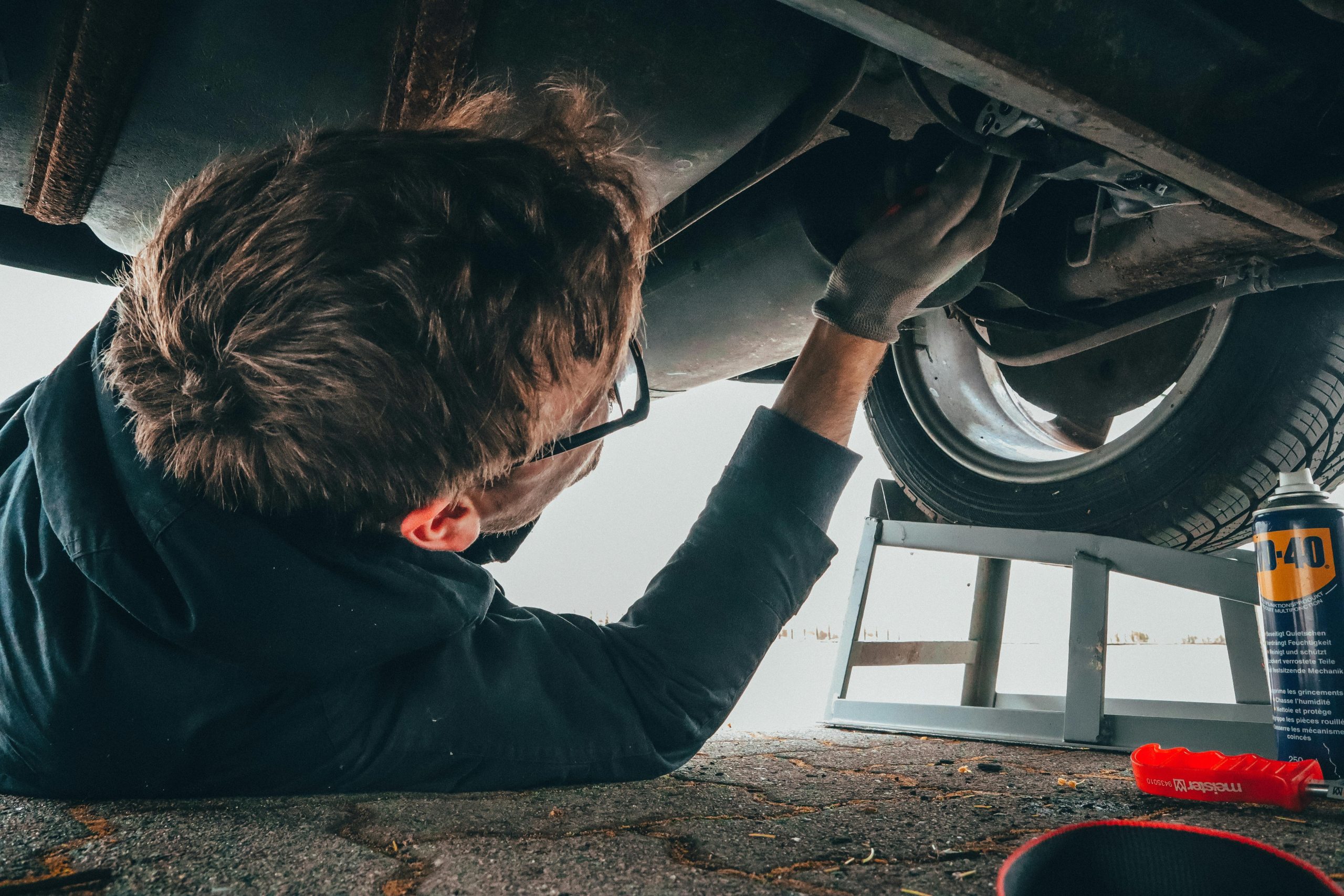Title: Navigating a Hit-and-Run: What to Do When You’re Rear-Ended by an Uninsured Driver
Experiencing a rear-end collision is stressful enough, but the situation becomes even more complicated when the other driver is unlicensed, uninsured, and unwilling to cooperate through traditional insurance channels. If you find yourself in such a scenario, understanding your rights and the appropriate steps to take can help protect your interests and ensure a swift resolution. Here’s a comprehensive guide to handling a recent hit-and-run incident under these challenging circumstances.
Assessing the Situation
Recently, I was involved in a minor rear-end collision when an unlicensed, uninsured vehicle struck my car. Although the damage was minimal—primarily a scratched rear bumper—the incident left me with important evidence: video footage capturing the event, the vehicle’s license plate, and images of the driver and passenger. Additionally, I have captured photos of the damages, and the driver provided a contact number along with the passenger’s ID.
Immediate Actions and Considerations
-
Gather and Preserve Evidence:
Having visual documentation is vital. Ensure your videos, photos, and contact information are saved securely. This evidence will be essential when filing claims or dealing with the insurance process. -
Delay in Repair Estimates:
Repair shops are closed today, so obtaining an instant quote isn’t feasible. It’s advisable to wait until service centers reopen to get an accurate damage assessment before proceeding with any settlement discussions. -
Contact Your Insurance Provider:
If you’re insured with a provider like GEICO and have collision coverage, notify them about the incident. It’s important to do this promptly to understand your coverage options and avoid potential claim disputes.
Specific Questions and Legal Considerations
Can You Delay Filing a Claim?
You may want to consult your insurer about the deadlines for reporting the accident—many policies require claims to be filed within a specified timeframe. In some cases, notifying your insurer about the incident today while exploring private settlement options won’t necessarily trigger an automatic claim, but it’s best to keep your insurer informed and request guidance on how to proceed without jeopardizing coverage.
Are You Eligible for a Collision Deductible Waiver?
Certain policies provide a deductible waiver, especially when the other driver is uninsured and cannot be identified or held accountable. Contact your insurer to determine whether your policy includes such benefits and how to qualify.
Impact on Your Insurance Premiums
Even if you are not at fault,



